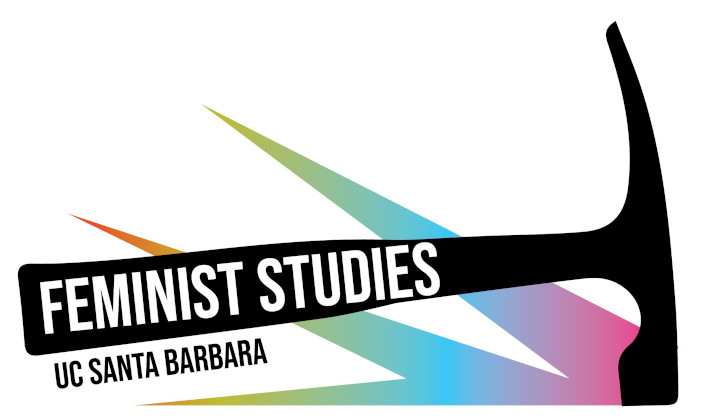FEMST 594EB
Refusing Disposability, Our Disabled Futures
Jigna Desai
Winter 2024
We have all been touched by illness, disability, and death, though disproportionately. Additionally, we have undergone a mass disabling event that has not only illuminated and heightened vast disparities, but also, perhaps, invigorated new attention to how we can inhabit our bodyminds and our futures. Life is distributed unevenly. Precarity impacts communities differently whereas Black, Indigenous, Latinx, refugee and immigrant, disabled, LGBTQ, women, global South, incarcerated and institutionalized, unhoused, and elderly people have been more heavily vulnerable and seen as disposable and expendable. Recently, the term “disposability” has served as a hashtag (NoBodyisDisposable), a refusal of necropolitics, and an analytic for critical disability studies to name the formation of ableism embedded within heteropatriarchy and racial settler capitalism that marks some people and groups as “surplus” or “expendable.” In this course, we examine what happens as we refuse the necropolitics of disposability and also explore subordinated knowledges grounded in illness, disability, and trauma. Specifically we look at how disabled affordances, refusals of neoliberal wellness, gendered collective care and its discontents, and other crip strategies and epistemologies offer small and large insights on how to imagine the disabled futures we are embarking upon. We will read broadly across critical disability studies, medical humanities, disability justice, and health justice to tease apart and weave together conversations around disability, illness, debility, and trauma from feminist, queer, and disabled perspectives to ask how can we rethink our relations to our bodyminds and their futures.
Sample texts:
- Liat Ben-Moshe, Decarcerating Disability and Disability Incarcerated
- Leah Lakshmi Piepzna-Samarasinha, The Future is Disabled
- Julie Avril Minich, Radical Health
- China Mills, Decolonizing Global Mental Health
- Eli Clare, Brilliant Imperfection
- Jasbir Puar, The Right to Maim
- James Kyung-Jin Lee, Pedagogies of Woundedness
- Mimi Khuc, Dear Elia

